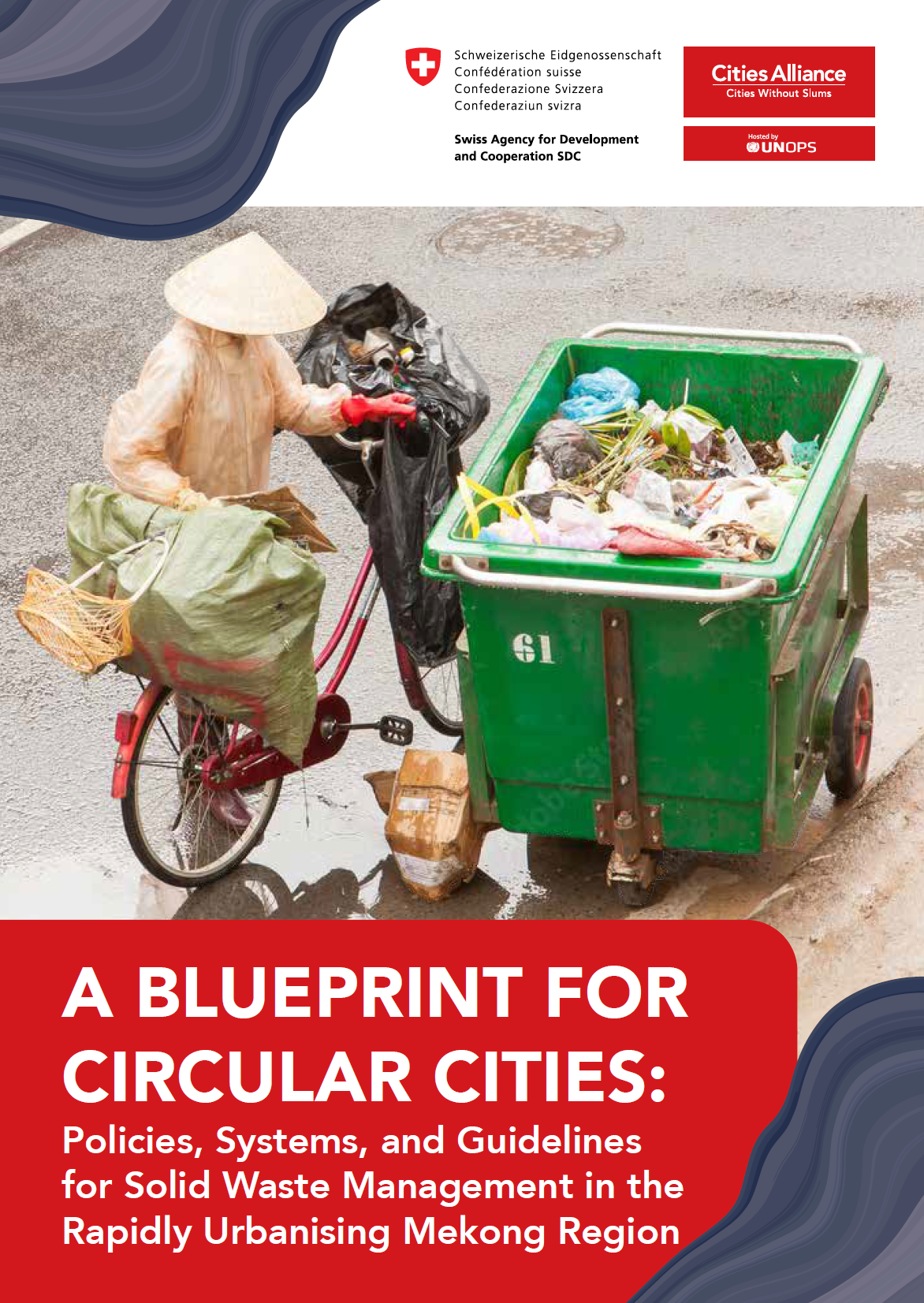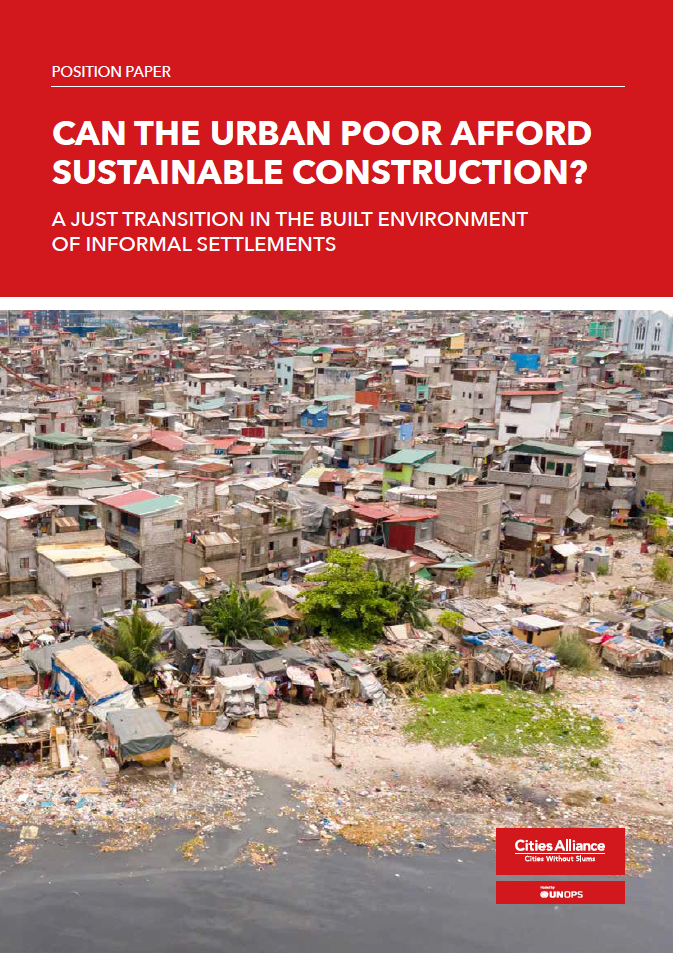- Who We Are
- How We Work
- Regional / Country Initiatives
- Legacy
- Core Themes
- Working Groups
- Portfolio & Results
- Newsroom
- Resources
IncluCity’s Virtuous Cycle: A Case Study of Global Communities’ work with the Accra and Sekondi-Takoradi Metropolitan Assemblies in Ghana
Global Communities is implementing IncluCity - Improving Governance and Services for Ghana's Urban Poor, a four-year, $4 million governance program in Ghana funded by Bill and Melinda Gates Foundation begun in October 2011.
Global Communities is implementing IncluCity - Improving Governance and Services for Ghana's Urban Poor, a four-year, $4 million governance program in Ghana funded by Bill and Melinda Gates Foundation begun in October 2011. IncluCity seeks to constructively connect the urban poor and local goverment to improve service delivery.
IncluCity builds on the governmental systems and structures developed over the past decade by the Government of Ghana, with thehelp of donors. These systems and structures are the essential tools for building the public finance capacity of Metropolitan, Municipal, and District Assemblies (MMDAs).1 Instead of launching plans that do not directly relate to the official government framework, IncluCity uses the government systems as the foundation for support to the Accra Metropolitan Assembly (AMA) and Sekondi-Takoradi Metropolitan Assembly (STMA) to promote effectiveness, efficiency and process improvements. IncluCity works collaboratively with the government, not independently of it.
IncluCity is being implemented in two of Ghana’s largest cities, Accra and Sekondi-Takoradi, with two main objectives:
1. Increased constructive participation of slum residents in governance, inclusive planning and budgeting processes;
2. Increased municipal revenue generation enabling increased service provision.
In September 2014, as IncluCity was about to begin its fourth and final year, Global Communities hired an external local governance expert to determine the extent to which IncluCity’s activities are succeeding in building the capacity of AMA and STMA to increase internally-generated funds and promote more inclusive governance. This report presents the findings of that assessment.


